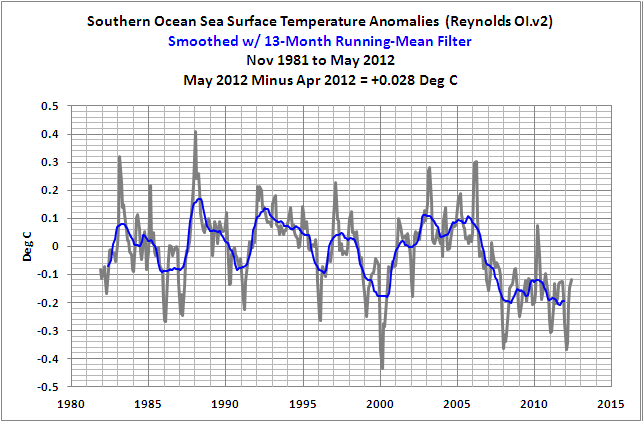- Dec 18, 2013
- 136,286
- 27,871
- 2,180
I'm sorry, did you want something?What everyone is "needing" from you, JustCrazy, is some indication that your posts aren't being generated by a spam-bot or a mental patient. Since your posts, like this last one quoted above, are just vacuous noise without any rational or even intelligible content, there is also the strong possibility that you are just utterly retarded.Link for what? Your post was #6. My response was #16. What is it you supposedly need?Well old sckrocks, yes you did!!! I quoted it. Oops...I know the Ice Sheet is grounded on the sea floor. But I believe the statement was surface ice was melting. Surface in my world is above water on land.
I believe it was old scrocks that said it.
Well, no, JC, I did not say it.
Shameful to lie like that.
Link, asshole, link.










